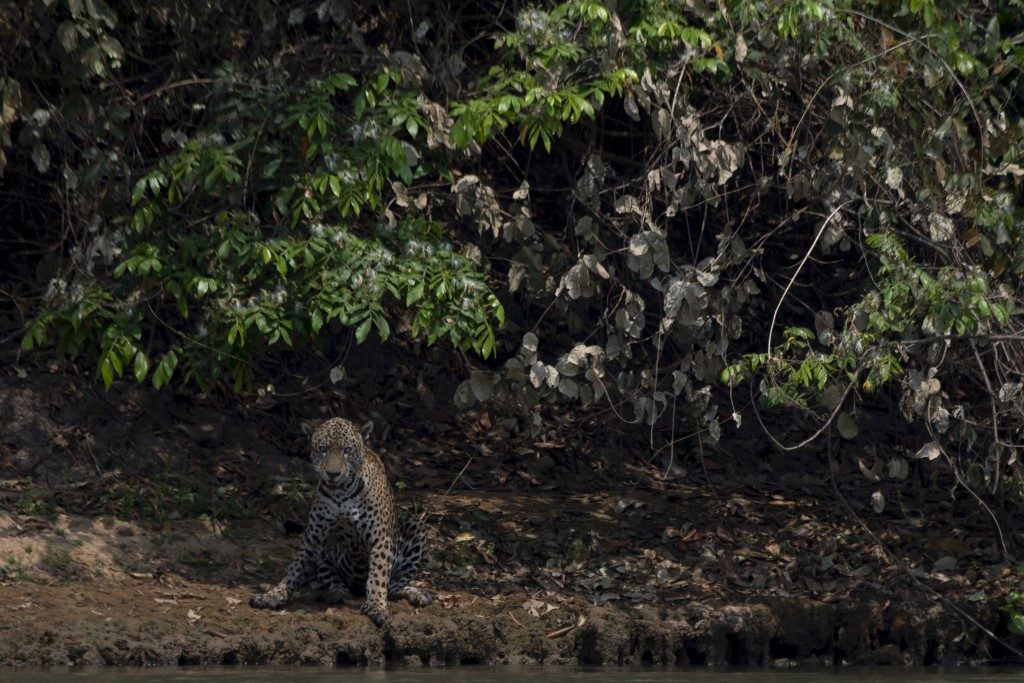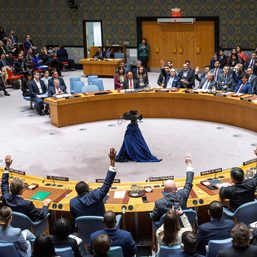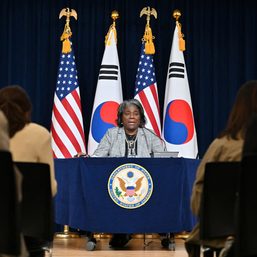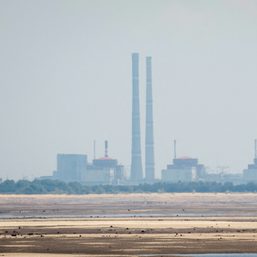SUMMARY
This is AI generated summarization, which may have errors. For context, always refer to the full article.

Organizations representing hundreds of millions of people and hundreds of firms issued a joint call Friday, September 18, for governments to act to save nature, following dire scientific warnings of humanity’s destruction of our planet.
On the eve of the high-level section of the United Nations General Assembly in New York, more than 1,000 signatories joined the demand for a more sustainable future that conserves Earth’s crucial biodiversity.
Nature is currently declining faster than at any point in human history, with at least one million species facing extinction, many within decades.
Last week WWF released its biennial Living Planet index, which found 68% of populations of wild animals, birds, fish, and plants had vanished since 1970.
The UN this week warned that nations would fail to meet each of 20 pledges they made a decade ago aimed at slowing and reversing biodiversity loss.
Signatories to Friday’s call – including industry and environmental groups, youth and indigenous communities as well as religious organizations – demanded world leaders act in the lead up to next week’s UN Biodiversity Summit.
“Man’s inhuman act towards Nature has resulted to loss of Biodiversity leading to the destruction of habits, live styles, culture, and Indigenous knowledge,” said Aliou Mustafa, Cameroon National Indigenous peoples fellow at the Global Environment Facility.
He said it was vital to empower indigenous communities, which control around 80% of biodiversity worldwide.
Marco Lambertini, director general of WWF-International, called for sweeping changes to global food systems, with agriculture a main driver of forest loss and water consumption.
“World leaders cannot ignore the groundswell of voices from across society calling for them to take decisive action at the Summit to halt and reverse biodiversity loss and secure a nature-positive world by 2030,” he said. – Rappler.com
Add a comment
How does this make you feel?





There are no comments yet. Add your comment to start the conversation.